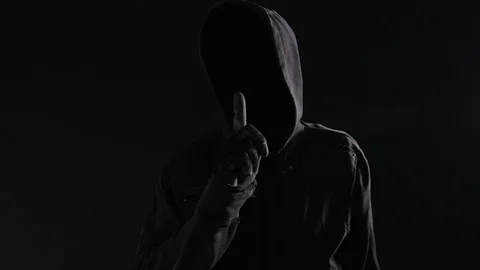this post was submitted on 24 Jun 2024
445 points (98.1% liked)
Asklemmy
48019 readers
868 users here now
A loosely moderated place to ask open-ended questions
If your post meets the following criteria, it's welcome here!
- Open-ended question
- Not offensive: at this point, we do not have the bandwidth to moderate overtly political discussions. Assume best intent and be excellent to each other.
- Not regarding using or support for Lemmy: context, see the list of support communities and tools for finding communities below
- Not ad nauseam inducing: please make sure it is a question that would be new to most members
- An actual topic of discussion
Looking for support?
Looking for a community?
- Lemmyverse: community search
- sub.rehab: maps old subreddits to fediverse options, marks official as such
- [email protected]: a community for finding communities
~Icon~ ~by~ ~@Double_[email protected]~
founded 6 years ago
MODERATORS
you are viewing a single comment's thread
view the rest of the comments
view the rest of the comments

That has already become outdated, at least according to some economists.
Banks can just create loans out of thin air without having to check their own reserves first.
https://en.wikipedia.org/wiki/Money_creation#Credit_theory_of_money
So if I understand correctly, the reason it's outdated is not because we don't need those pesky banking regulations any more, but that it has been found that banks will just take out their own loans to cover the reserves they need from the central bank, so they can just lend as much as they want, no seatbelts. And the central bank will never run out of loans to give, since they have insane reserves, in their own currency it is technically unlimited.
So money is not really the thing we think it is. If banks overextend themselves and fuck up, the only thing we'll see instead of failing banks is runaway inflation in the consumer and asset (housing) markets. Wonder where I've seen that.